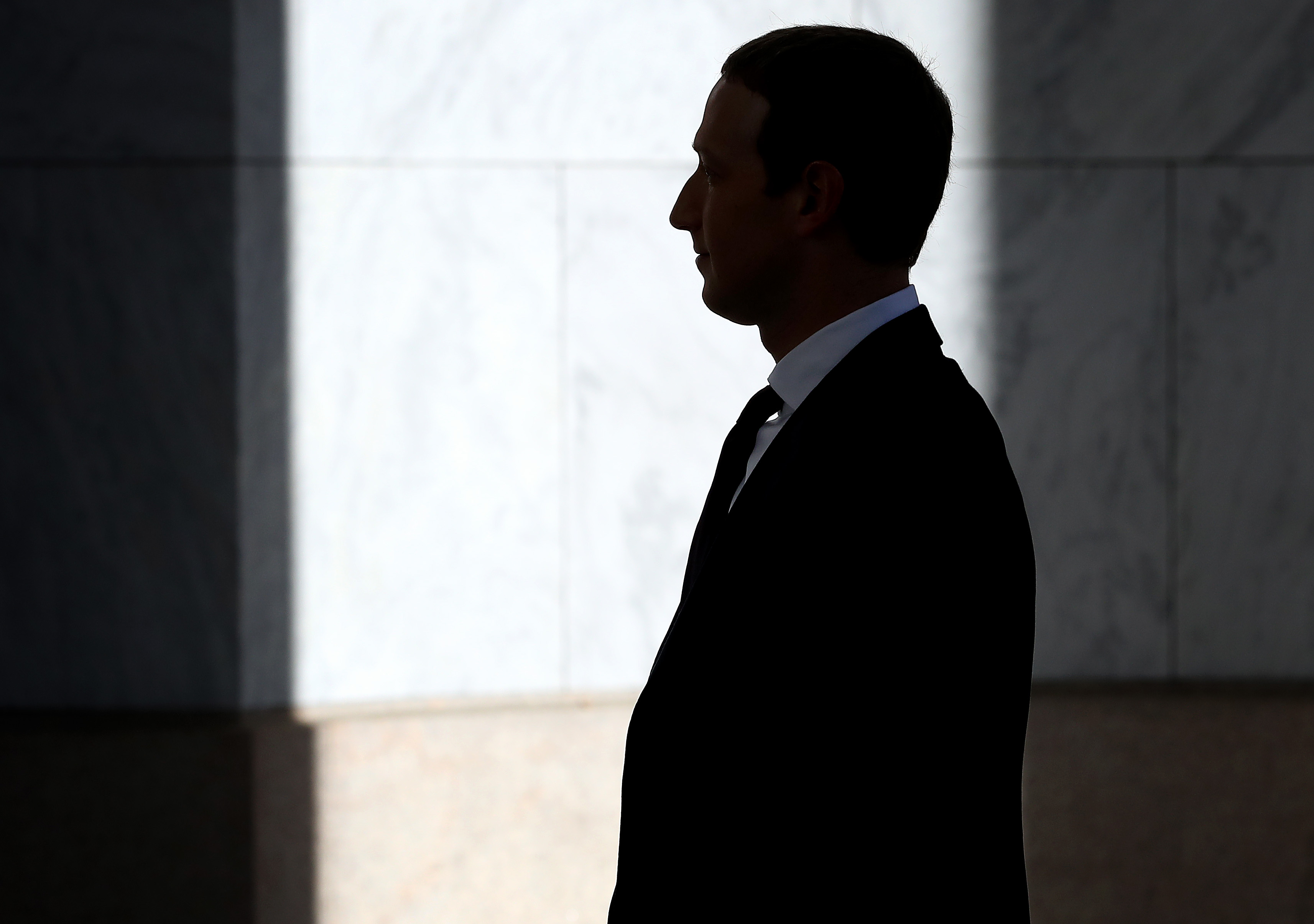Fighting questions from within at Facebook
Mark Zuckerberg is in trouble once again

A free daily email with the biggest news stories of the day – and the best features from TheWeek.com
You are now subscribed
Your newsletter sign-up was successful
The smartest insight and analysis, from all perspectives, rounded up from around the web:
Over and over, Facebook has been made aware of the harmful effects of its platform yet done nothing to address them, said The Wall Street Journal in a multipart series called "The Facebook Files." Very often, Facebook's own internal research teams reported on the problems plaguing the 3 billion–user social network, only to either suppress the data or ignore it. CEO Mark Zuckerberg, for instance, keeps downplaying Instagram's effect on mental health, even though Facebook's own research says Instagram makes millions of teen girls "feel worse" about their body image. But there have been times even the man in charge "couldn't steer the platform as he wanted." Zuckerberg — who donated $3 billion toward disease-fighting research in 2016 — announced an ambitious effort in March to promote COVID-19 vaccination. But despite his best intentions, the comments on science-based stories were swarmed by anti-vaccine activists and COVID deniers. The company has been "playing catch-up for months."
"The problem with Facebook is Facebook," said Siva Vaidhyanathan at The Guardian. Facebook's researchers understood this, while its leadership continues to deny it. Posts that generate a lot of comments get promoted by its algorithms, and eventually the comments "morph the message." Even posting responsible information becomes counterproductive when it "attracts destructive or toxic responses." And the more people bicker in the comments, the more prominent the post becomes. None of this is at all surprising to anyone who has been "paying attention to the company's slippery machinations over the years," said Kara Swisher at The New York Times. Instagram's CEO Adam Mosseri actually said cars are similar to social media because they "create more value in the world than they've destroyed." Please. I'm coming around to the idea that Facebook is "as bad for us as cigarette companies."
The Week
Escape your echo chamber. Get the facts behind the news, plus analysis from multiple perspectives.

Sign up for The Week's Free Newsletters
From our morning news briefing to a weekly Good News Newsletter, get the best of The Week delivered directly to your inbox.
From our morning news briefing to a weekly Good News Newsletter, get the best of The Week delivered directly to your inbox.
Employees seem to have leaked documents because they are angry about the harm Facebook is doing, said Parmy Olson at Bloomberg, but they continue to hit resistance from Facebook management — in particular its "growth team." That's the group handpicked in 2007 to devise ways to keep Facebook's users coming back day after day. The group has earned "a mythical status in social media for fueling a steady increase in users over more than a decade." But these leaks show how much "their work has stood in the way of Facebook becoming a more reputable company," which could come back to haunt it.
No matter how appalling Facebook's behavior is behind the scenes, users can't quit it, said Laura Forman at The Wall Street Journal. As the scandals have ballooned, Facebook has just added users. "The hard truth" is that policies like "preferential treatment for glamorous, high-profile users" and a steady stream of divisive content are what keep users engaged. For its part, Facebook isn't backing down, said Ryan Mac and Sheera Frenkel at The New York Times. Last month, Zuckerberg personally signed off "on a new initiative code-named Project Amplify," to promote positive stories about Facebook in its users. The not-so-hidden message: "No more apologies."
This article was first published in the latest issue of The Week magazine. If you want to read more like it, you can try six risk-free issues of the magazine here.
A free daily email with the biggest news stories of the day – and the best features from TheWeek.com